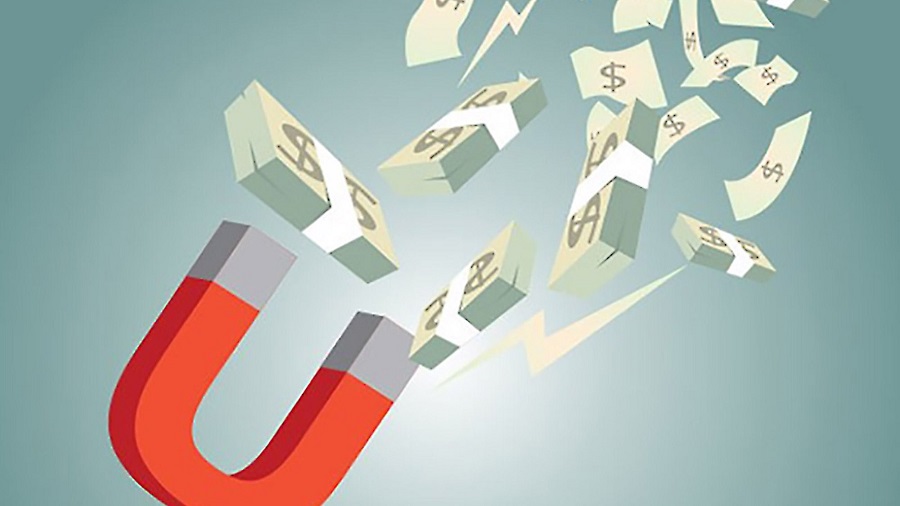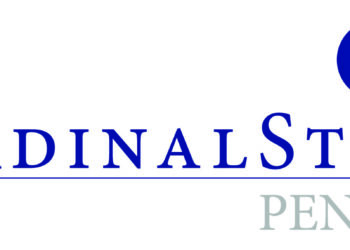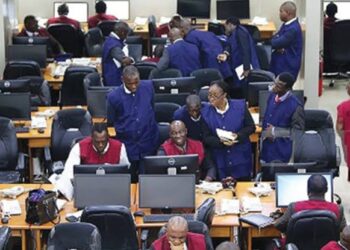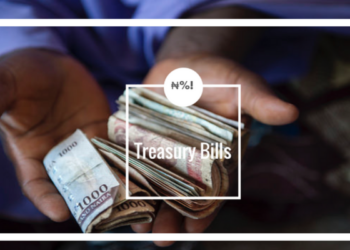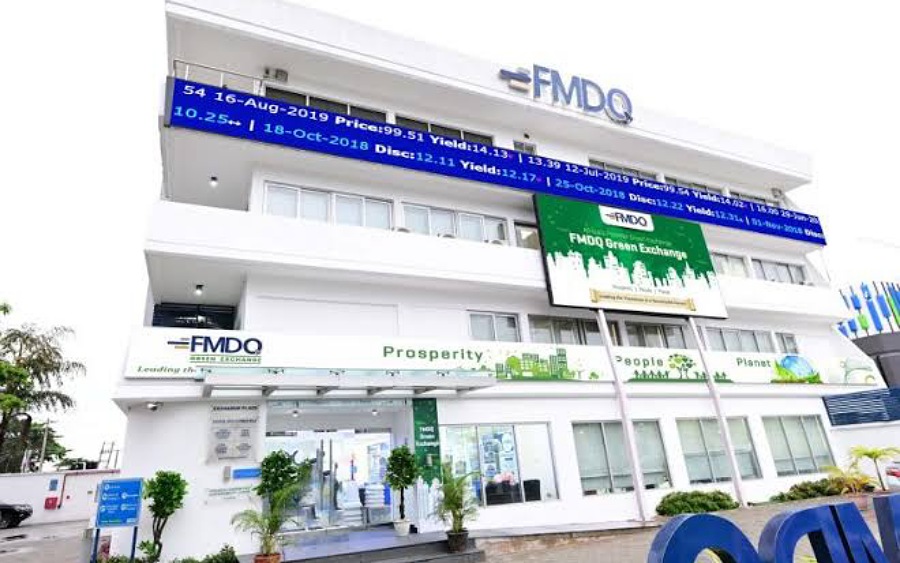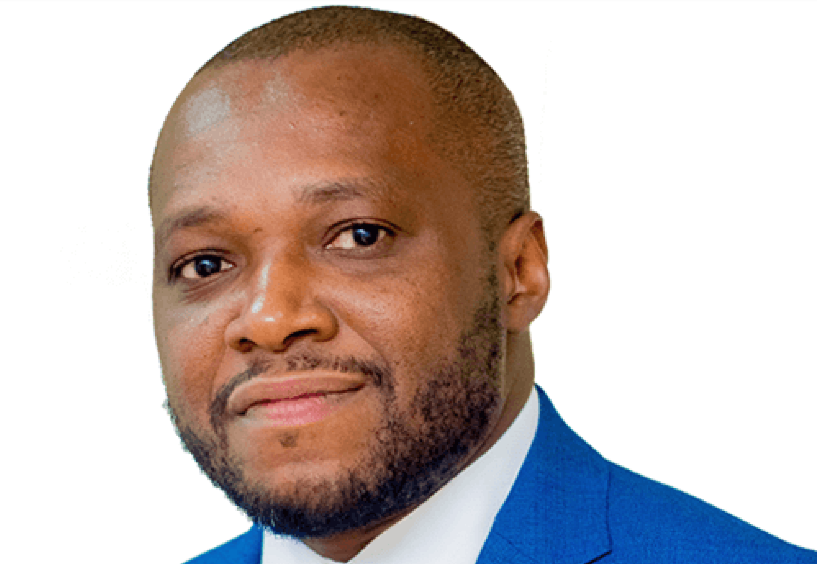Financial analysts at CardinalStone Partners Limited have said that the build-up to the 2023 election will keep foreign investors at bay and throw up more financial account-related concerns.
The analysts in their 2022 Mid-Year Outlook themed: ‘Same Challenges, New Shocks’ also noted that pre-election year concerns and fears of negative pass-through to inflation will likely limit the magnitude of currency adjustment made at the official market in the current year.
What they are saying
- The analysts said: “Akin to the trend witnessed in emerging and frontier markets, Nigeria was also mostly unappealing to foreign capital providers in H1’22.
- This risk-off sentiment was fanned by geopolitical uncertainties and hawkish rendition from global central banks. In addition to these global factors, the lack of market reflective FX rates, illiquidity and a backlog of uncleared foreign exchange demand dampened investors’ sentiments.
- Even though it is yet to have any noticeable impact on the market, the recent MSCI proposal to reclassify Nigeria to a stand-alone status was inspired by similar FX concerns. In the first quarter of the year, the combined impact of the mentioned drivers (ex MSCI proposal) cascaded to a 17.5% YoY decline in foreign inflows.
- Specifically, the “other investments” component of capital importation nosedived by 43.3% YoY, while FPI contracted by 1.7% YoY. In our view, the imminent intensification of preelection activities will likely keep foreign investors at bay and throw up more financial account-related concerns”.
- On the modest currency adjustment expected in H2 2022, the analysts said that while currency pressures exists, “we think that pre-election year concerns and fears of negative pass-through to inflation will likely limit the magnitude of currency adjustment made at the official market in the current year.
- “Elsewhere, parallel market premium (at 35-45%) will likely remain elevated, weighed by the election-induced dollar demands and reduced FX supply by the CBN. However, we strongly believe that a resumption of FX sales to the BDCs may materially shrink the premium relative to the official market, akin to the pattern observed in 2016.”
- “According to the IMF, Nigeria’s FX reserve is likely to close 2022 at $38.0 billion, aided by reduced CBN intervention, dollar demand restrictions and higher oil prices.
- “We retain our growth forecast for 2022 at 3.0%, primarily to reflect sustained stimulatory support from the monetary authority, which has left its intervention rates at Covid levels.
- “In the first half of 2022, Nigeria was also relatively insulated from the pass-through of the Russia-Ukraine war and benefitted from steady private sector recovery,” the analysts noted.
Ahead of the February 2023 presidential elections, investors appear to have commenced ferreting the potential impact of what is likely to be one of Nigeria’s most keenly contested elections in decades.
Even though the leading candidates have expressed a desire to embark on issue-based campaigns, historical precedence suggests that long-dragging sectionalism and negative tactics are likely to distract from core issues.

